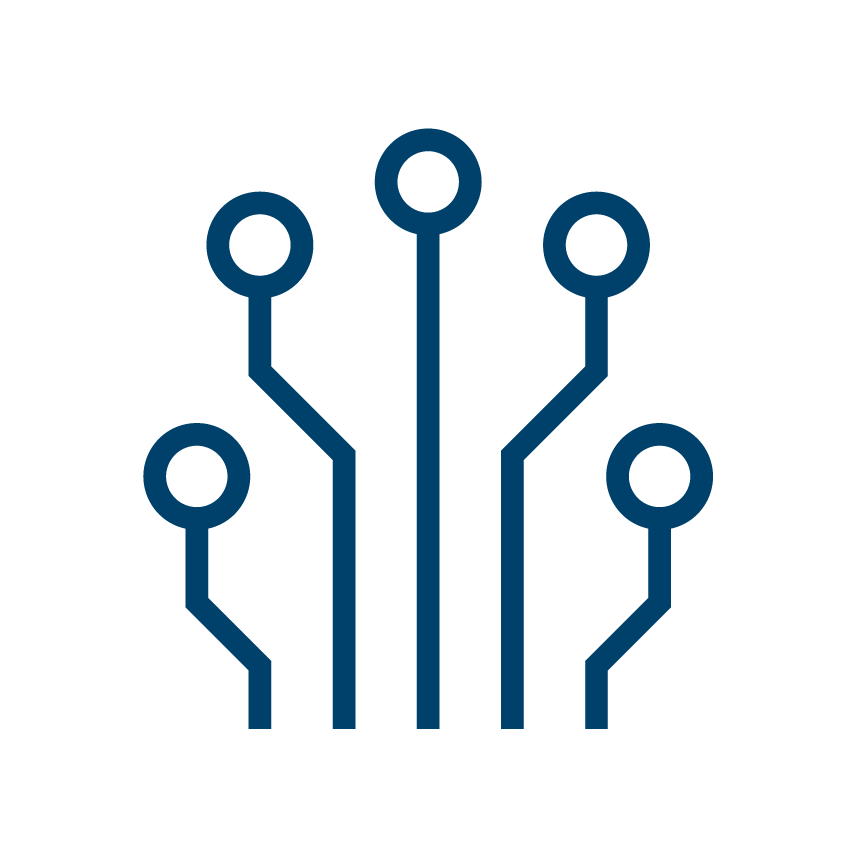After being an entrepreneur for almost 25 years, I became interested in various issues related to the digital transformation of organizations, whether public institutions or traditional businesses.
I started to work at the Montaigne Institute on these economic performance issues and then joined the Digital National Council, emerging at the time.
I admit that I was quite surprised to observe that the digital transformation seemed to be only a secondary issue. It is in this context that in 2013, together with the business daily Les Echos, that I developed the eCAC, an index to measure the digital transformation of CAC40 companies. Over the past seven years, I have had the opportunity to carry out more than 270 assessments of digital transformation of companies of all sizes; SMEs, Midsize companies, CAC40 companies or foreign companies...
The idea is not to measure performance in e-commerce, CRM or the use of social networks, but to go much deeper, to rethink their technology model, management, governance, business model, resilience... all factors intrinsically linked to the future of business and digital.
It is necessary for traditional companies to switch to a digital organisation model.
Laitao consulting gathers top experts from several fields in order to provide the best expertise in digital transformation.
Build your future-proof organization
Gilles Babinet focuses on untangling the enterprise’s structure and the challenges it comes across in order to envision a strategy combined with the 10 year vision it needs to survive and grow in this era. Laitao consulting is is a company Gilles built which uses in-depth digital transformation strategies to build a bold vision with its core values being targeted impact, innovation, sustainability, resilience, environmental impact, and advanced governance..
EXAMINATION OF INTERNAL COMPANY
Process optimization, digital resources implemented
STRUCTURATION OF THE VISION
Mission, business model, interviews and workshops
CONTENT STRATEGY
Customer and user centric approach
ROADMAPS
Governance, innovation management, operational management - digital infrastructures - human resources organization
“We help traditional organizations thrive in the digital era, shouldering them to build a strategy that includes all dimensions: technology, new business model, HR and competencies, governance and management.”
Organization of Traditional businesses
Traditional organisations proceed in increments to pre-existing projects. They are based on a managerial and informational structures that favour verticality, validation and reporting processes of the "command & control" type, otherwise called silos. They represent a very large majority of organizations.
In traditional companies, we sometimes find functions or BUs that have moved into project mode and have therefore adopted modern management models. Drowning in a world where the organization has remained the same, where there are still "siloed" BUs, each owning their own data, these BUs are unable to prove their effectiveness.
Organisation of digital companies
Digital companies largely disregard the organizational constraints that traditional organizations face due to silos. It is generally the data, cross-functionalized within the company, that limits the effects of silos. They implement new reporting and control models - the famous agile models - of production processes and business models based on data mobility.
Digital organizations therefore have both (i) a governance that sets out a strong and detailed strategic project (ii) a technological organization that frees itself from traditional siloed information systems and (iii) management and production models adapted to this transversal logic.







